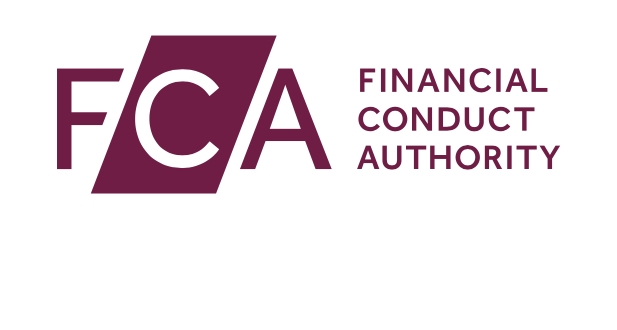The FCA has today published final rules to “streamline and simplify” the prudential requirements for solo-regulated UK firms authorised under the Markets in Financial Instruments Directive (MiFID).
The new rules are part of the impending Investment Firms Prudential Regime (IFPR) reforms which the regulator describes as, "a major change for FCA investment firms.”
The new IFPR regime comes into effect 1 January. It will extend the focus of firms' regulatory requirements and expectations away from just the risks that firms face to also consider and manage the potential harm firms can also pose to consumers and markets.
The near-final rules from the first two policy statements of the Investment Firms Prudential Regime (IFPR) have been consolidated into final rules.
The final rules are in the legal instruments – FCA 2021/38 and FCA 2021/39. A third policy statement by the end of 2021.
The FCA has also published an updated version of its General guidance on the application of ex-post risk adjustment to variable remuneration. This version will bring FCA investment firms into the scope of the guidance.
There is a new Remuneration Policy Statement template, which FCA investment firms can use to document their remuneration policies and practices, and a template which FCA investment firms can use to record their material risk takers.
One of the changes IFPR will bring is clarifying rules around ‘own funds’ and their usage. Also covered is concentration risk and reporting, liquidity, risk management, firms providing clearing services, governance, remuneration, applications and notifications and disclosure. Consequential changes to the FCA Handbook have also been made.
The IFPR will apply to MiFID investment firms authorised and regulated by the FCA and Collective Portfolio Management Investment Firms (CPMIs). Also covered are regulated and unregulated holding companies of groups that contain either of these type of firm.
The IFPR will not apply to PRA-designated investment firms. They will remain subject to prudential supervision by the PRA.

